Umaru Maikaura Ali Shinkafi was an accomplished police officer and a well-trained lawyer, better known as a politician who wanted to be president, best known as the head of Nigeria’s secret police from 1979 to 1983. The least popular fact about him, perhaps, is that he knew of the coup that overthrew President Shehu Shagari in 1983. He foresaw and forewarned — but the Shagari government did not act.
A few weeks to the execution of the coup which brought Muhammadu Buhari, a major-general, to power, Shinkafi resigned as head of the National Security Organisation (NSO) to attend to his “health”. The rumour was that he was frustrated by the inaction of the Shagari government over the intelligence he provided.
NSO was the predecessor of today’s Department of State Services (DSS). It was created by decree no. 27 of 1976 by the government of Olusegun Obasanjo, then a lieutenant general, to plug the hole in intelligence gathering after the failed coup that led to the death of Murtala Muhammed, a general and head of state. The first director-general of NSO was Abdullahi Mohammed, then a colonel. Mohammed, who retired as a major general, would later serve as chief of staff to President Obasanjo from 1999-2007.
When the military handed over power to a democratic government in 1979, Shagari appointed Shinkafi, a former commissioner of police in Oyo state, as the new DG of NSO.
Advertisement
Hated by the opposition
Serving as the head of the secret police in a democratic setting exposed Shinkafi to accusations of partisanship by the opposition parties, especially Obafemi Awolowo’s Unity Party of Nigeria (UPN) and Waziri Ibrahim’s Great Nigeria Peoples Party (GNPP).
Shinkafi himself commented on this perception decades after he left office.
“Before the military intervention (in 1983) we had the UPN, headed by Chief Obafemi Awolowo. We had the GNPP and the opposition parties. The ruling party at the centre was, of course, the National Party of Nigeria (NPN), headed by Alhaji Shehu Shagari. It was feared that the operations of the NSO were slanted against the opposition parties, particularly the UPN. For this reason, people in the opposition parties tended to be afraid of the NSO and they looked at it as a terror organisation,” he said.
Advertisement
They had their reasons, though.
On January 24, 1980, the ministry of internal affairs, acting under “intelligence report” from the NSO, deported Abdurrahman Shugaba Darman, the majority leader in the Borno house of assembly, to Chad for being a “prohibited alien”. Darman, of the GNPP, was a popular politician who was criticial of Shagari’s government. The deportation had politics written all over it, and Darman won his case up to the supreme court.
Zanni Bukar Mandara, a military food contractor, was also arrested by the NSO on the allegation of plotting a coup against Shagari. Despite being a government contractor, he had reportedly been complaining to soldiers that the economy was in dire straits and that the Shagari government was not competent enough to lead Nigeria. Interpretation: coup baiting. He was arrested and charged to court for treason, the only evidence being his open complaints, nothing else.
Flies in the ointment
Probably the biggest blot on Shinkafi’s leadership of the NSO was its inability to nip the Maitatsine uprising of 1980 in the bud. Although the secret police infiltrated the sect, it still did not foresee the riots in Kano that led to the deaths of thousands. It took a combined operation of the police, army and air force to quell the uprising.
Advertisement
Two years later, fundamentalist riots managed to break out in Bulumkuttu, near Maiduguri, and Kaduna. All these suggested that the NSO was not on top of the situation, despite having its operatives on the field all over the country.
There was yet another intelligence failure that cost the country dearly in 1981 — a senior military officer allegedly stole defence secrets and passed them to French intelligence as Nigeria and Cameroon spoilt for a fight over the Bakassi peninsula. With the country’s battle plans in the hands of Cameroon’s military ally, Nigeria was on the back foot and had to settle for negotiation.
Nigeria would later lose Bakassi altogether to Cameroon following a judgment by the International Court of Justice at The Hague in 2002.
The Buhari Coup
Various accounts, including Shinkafi’s version, point to one thing: the Buhari coup of 1983 was not a bolt from the blue. According to Shinkafi, the NSO indeed informed Shagari that a coup was in the works. The former chief spy made this public in trying to defend himself against accusations by Umaru Dikko, the powerful minister of transport under Shagari, that the NSO withheld information.
Advertisement
In fact, Dikko, who died in 2014, had alleged that Shinkafi “conspired” with the coup plotters. As Shagari himself admitted in his book, Beckoned to Served, he was informed that some officers were planning to overthrow his government. In no uncertain terms, Shagari admitted being aware of meetings and rumours. Obasanjo, his predecessor, was openly criticising him in the newspapers.
Dikko, who was more active in trying to stop the coup, was getting involved in military postings, and was so uncomfortable with Buhari he had him posted from Lagos to Jos. Shagari revealed in his book that Buhari asked him to warn Dikko to stop poke-nosing into military affairs — which Shagari promptly did.
Advertisement
With the coup rumour gaining some weight, Shagari dispatched Shinkafi to visit Buhari in Jos to investigate. A military officer accused of travelling round military formations to promote the coup had already been arrested but the Directorate of Military Intelligence (DMI) did not show much interest in investigating, so the NSO took over the case.
Shinkafi suddenly resigned, sending the Shagari government into panic mode. Shagari eventually appointed Mohammed Lawal Rafindadi, a career diplomat and an experienced intelligence officer with foreign postings including the UK, Ireland and West Germany, as the new DG.
Advertisement
Nonetheless, the coup took place on December 31, 1983 and Buhari become head of state. Rafindadi retained his position as DG.
Advocate of state police
In January 2012, Shinkafi issued a strong statement asking for the creation of state police to tackle Boko Haram and other modern crimes. The statement was titled: “State Police: A policy option for current insecurity”.
Advertisement
He said opposition to state police was “exaggerated, misleading and unfounded”.
“We are now face-to-face with the deadly menace of guerilla-style insurgency and associated modern crimes that can only be better and more effectively tackled within a state-based police structure and operation, accessing all the strategic and logistic advantages of community cooperation and deploying them more efficiently and effectively for law enforcement and counter-insurgency objectives,” he said.
“Recourse to zonal commands, joint task forces and state government sponsored operational contingents among other adhoc arrangements are mere half-measures with doubtful impact and insecure status. Recent revelations also indicate fiscal problems at the federal level whose implications further underscore the necessity for downloading some responsibility for police work from federal to state governments.
“We have authoritative admission of huge gaps between budget allocations to the police and actual disbursements, with disbursements as low as 29% in 2010 plummeting to an abysmal 8% in 2011!
“This worrisome trend has already compelled states such as Lagos with serious security challenges to expend as much as N10 billion on various logistic needs of the police command in their states without reference to the federal authorities. The truth is that the Federal Government itself is no longer able to settle the bills for the Nigeria Police Force.
“The emerging state police would be organically and structurally connected to the communities that comprise the state in terms of recruitment and deployment and derive optimum advantage for intelligence and operations alike. Lingering constitutional factors which hamper the timely and effective direction and deployment of security measures and operational synergy in relation with the civilian political leadership at state level need to be realistically resolved once and for all in the interest of national security, peaceful coexistence and routine law enforcement functions.
“The state governors should thereby take charge of the affairs of their states in practical terms that leave nothing of strategic or administrative importance beyond their control. The level and impact of accountability and transparency in law enforcement and investigations arising from the mutual familiarity between police and community would be substantial and evident.
“Recognition of realities of today’s law and order situation where states take more than a fair share of responsibility for police operational logistics without corresponding authority over the Force is an aberration that should be remedied.
“It creates loopholes for illicit connivance between the CP and the governor for local arrangements that are detrimental to maintenance of law and order. They also leave governors absurdly vulnerable to such explosive political intrigues that once saw an AIG arresting a governor in Anambra State on orders, through a local political lackey, from above!
“Previously, there were other shameful cases of the police, at the instance of political forces at the centre, making state governance extremely difficult. Instructively, the adoption of state police conforms to our federalist political nomenclature in a more meaningful manner and is therefore a better option to the current scenario of aberrations, role conflicts and distrust that is demonstrably counter-productive in the quest for effective and efficient police operations in Nigeria.
“The establishment of state-police does not in any way preclude the involvement of the federal police in any part of the country because of the envisaged and inevitable requirements for complementary and collaborative interaction of the two formations in order to maximize the impact on national security.”
The man from three villages
Shinkafi, who died on Wednesday at the Harefield Hospital, Middlesex, UK, from multiple organ failures, according to TheCable’s sources, was born in Shinkafi, Zamfara state, to a princess from Kaura Namoda, same state, in January 1937.
His father, Ali Bisije, was from Gashua, Yobe state, but Shinkafi was his preferred hometown.
He attended Sokoto Middle School, and later Barewa College, Zaria, before studying law at the University of Lagos. He was called to the bar in 1974. He was soon made minister of internal affairs in an acting position.
The Marafan Sokoto was the vice-presidential candidate of Olu Falae in the All Peoples Party (APP)/Alliance for Democracy (AD) alliance (effectively today’s All Progressives Congress, APC) in 1999, although they lost to the Olusegun Obasanjo/Atiku Abubakar ticket fielded by the Peoples Democratic Party (PDP) ticket.
He was running neck-and-neck with Adamu Ciroma in the race for the presidential ticket of the National Republican Convention (NRC) in 1992 before the military government cancelled the primary.
He was married to Yewande from Abeokuta, Ogun state, and two other wives, who had five children altogether.
4 comments

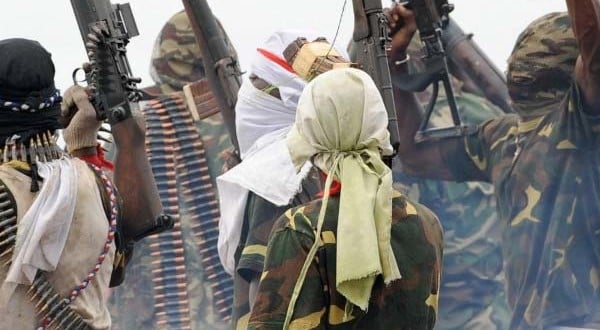
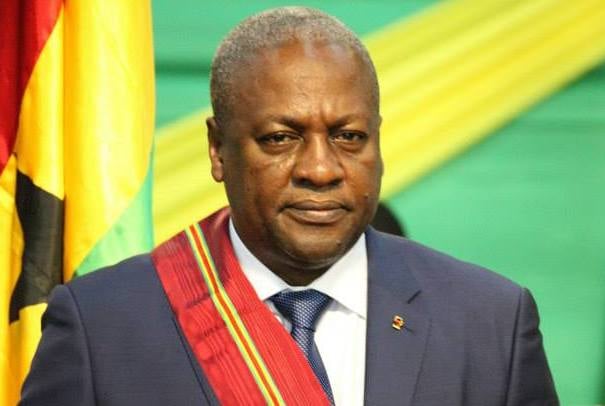
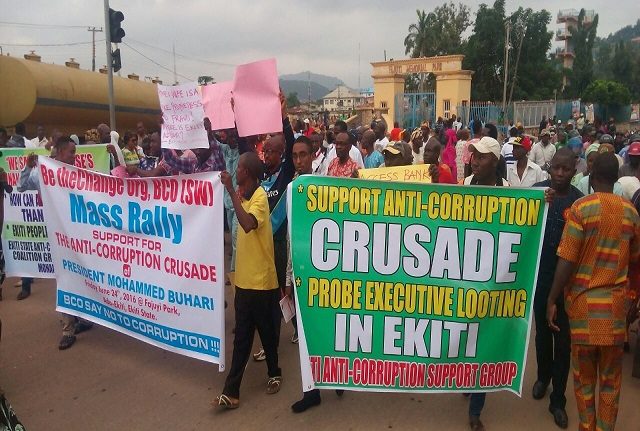
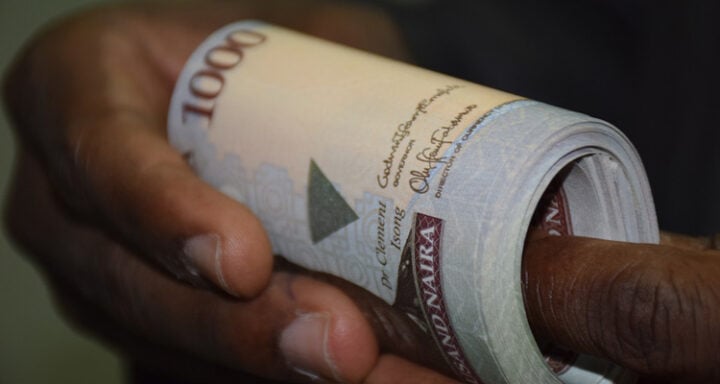
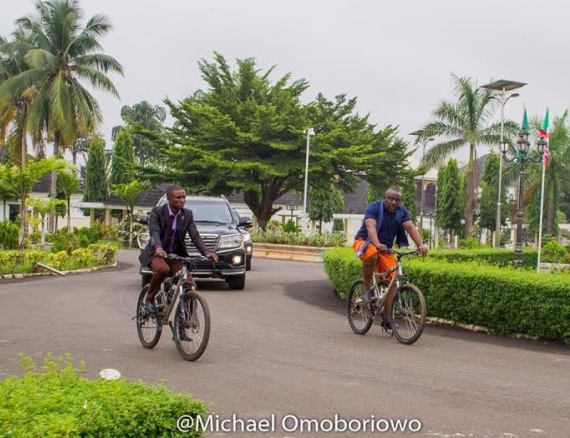
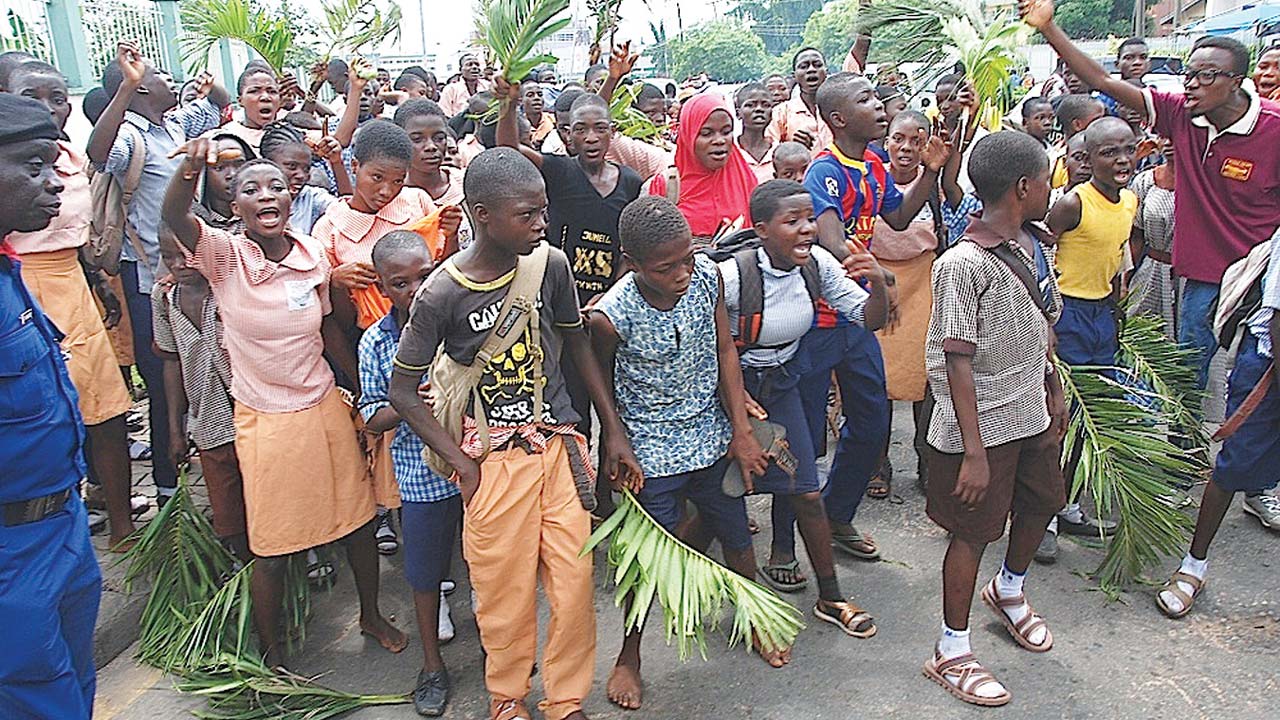
A very detailed report on a fine Nigerian -Marafan Sokoto.
Keep it up….
Exceptionally well written kudos!
Examplary life. Rest in Peace, Marafa.
Allah Ya jikan musulumi. Ameen